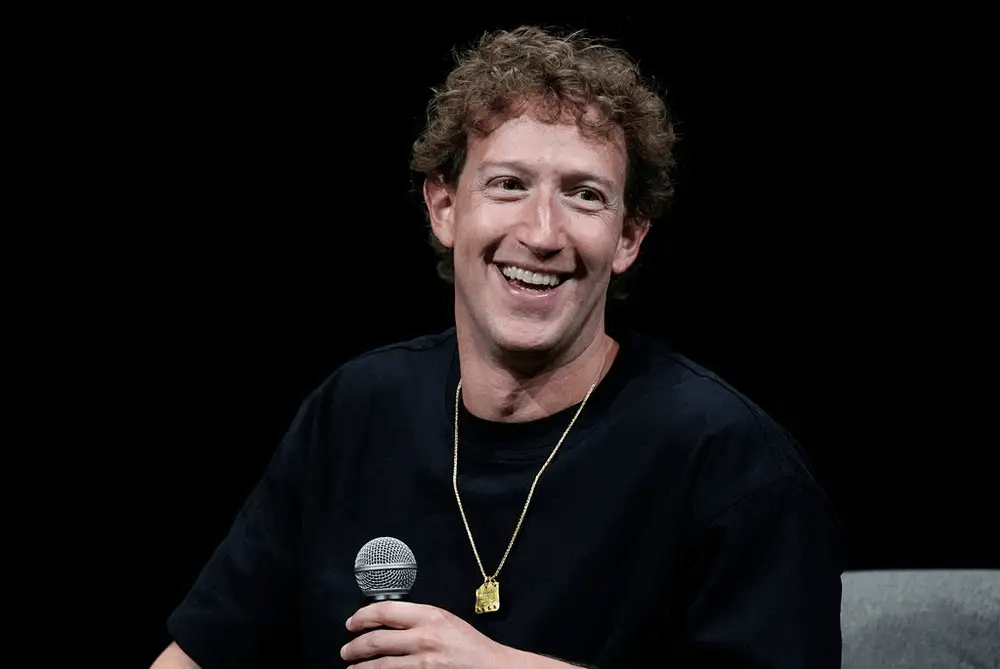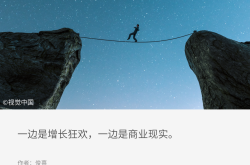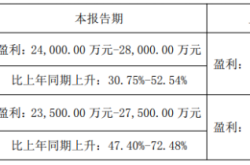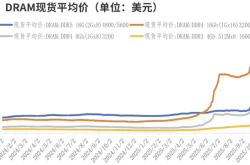$22 billion bet, Meta's new cash cow: WhatsApp
![]() 11/11 2024
11/11 2024
![]() 675
675

Meta's decade-old $22 billion investment in WhatsApp is finally paying off, as the bold bet in the instant messaging space starts to bear fruit.
In its recently released third-quarter financial report, Meta stated that WhatsApp was the primary driver behind the 48% year-on-year growth in non-advertising revenue across its app family. This growth is primarily attributed to WhatsApp's Business Messaging product, which allows businesses to pay to chat with existing or potential customers. Since the third quarter of 2022, Meta has identified WhatsApp Business Messaging as a key source of revenue growth. However, this achievement has not been easy.
"This is a huge challenge," said Matt Idema, former Vice President of Business Messaging at Meta, in an interview in 2022. "How do you build a business on top of an existing instant messaging product?"
Since then, Meta has continuously pushed the development of Business Messaging services and is gradually gaining an edge.
Although non-advertising revenue still accounts for a small portion of total revenue, increasing by only $434 million in the third quarter compared to Meta's total advertising revenue of $39.9 billion, its growth rate is more than twice that of the company's advertising business, indicating significant potential.
Mark Mahaney, a top tech analyst at Evercore ISI, who has been tracking Meta's monetization of its instant messaging products (including WhatsApp, Messenger, and Instagram Direct) for years, said, "They own two of the world's largest instant messaging apps, and monetization there is still in its very early stages. I guess it now accounts for 10% of their total revenue and may grow faster than their two social media assets." A Meta spokesperson declined to comment on this estimate.
Mahaney added that instant messaging is "the most interesting and under-monetized asset they have," especially considering the number of users interacting in private messages.
At an event in Austin, Texas, in October, Tom Alison, head of Facebook, said the company had seen a 100% year-on-year increase in content shared in private messages, which Meta calls "private sharing."
In addition to Business Messaging on WhatsApp, Meta also generates some advertising revenue by directing users to private messages with businesses on WhatsApp, Messenger, and Instagram through sponsored messages in the chat tabs of the Messenger app and "click-to-message" ads.
"The question now is: Can they accelerate the monetization of WhatsApp?" Mahaney said. "I think it's increasingly clear that they are doing so."
Mark Zuckerberg, CEO of Meta, told investors in April that generative AI could enhance the efficiency of Meta's instant messaging business. Zuckerberg suggested that Meta's AI technology could become a "huge business," including "expanding business messaging, introducing ads or paid content within AI interactions, and enabling people to pay for access to larger AI models and more computing power."
As users spend more time in private messages, transforming instant messaging into a money-making tool could be a huge win for Meta, which has invested billions of dollars in this area. With more users choosing to share content in private messages rather than in-app feeds on Facebook or Instagram, this could also become a business necessity.
Adam Mosseri, head of Instagram, said in an interview in June, "More and more sharing will shift from feed-based formats to message-based formats."
In addition to Instagram and WhatsApp, Meta has added more features to its Messenger app, such as community chats that resemble Discord channels, offering users a "memory" feature to record photos shared in Messenger, and more AI tools.
Nonetheless, each of Meta's instant messaging products differs significantly in terms of the people they connect, where they are used, and how Meta monetizes them. "These products are not integrated, but when we develop many features, as long as we understand that people's needs in the market are the same, we build them in parallel," said Loredana Crisan, who is responsible for messaging products on Facebook and Instagram, in October.







